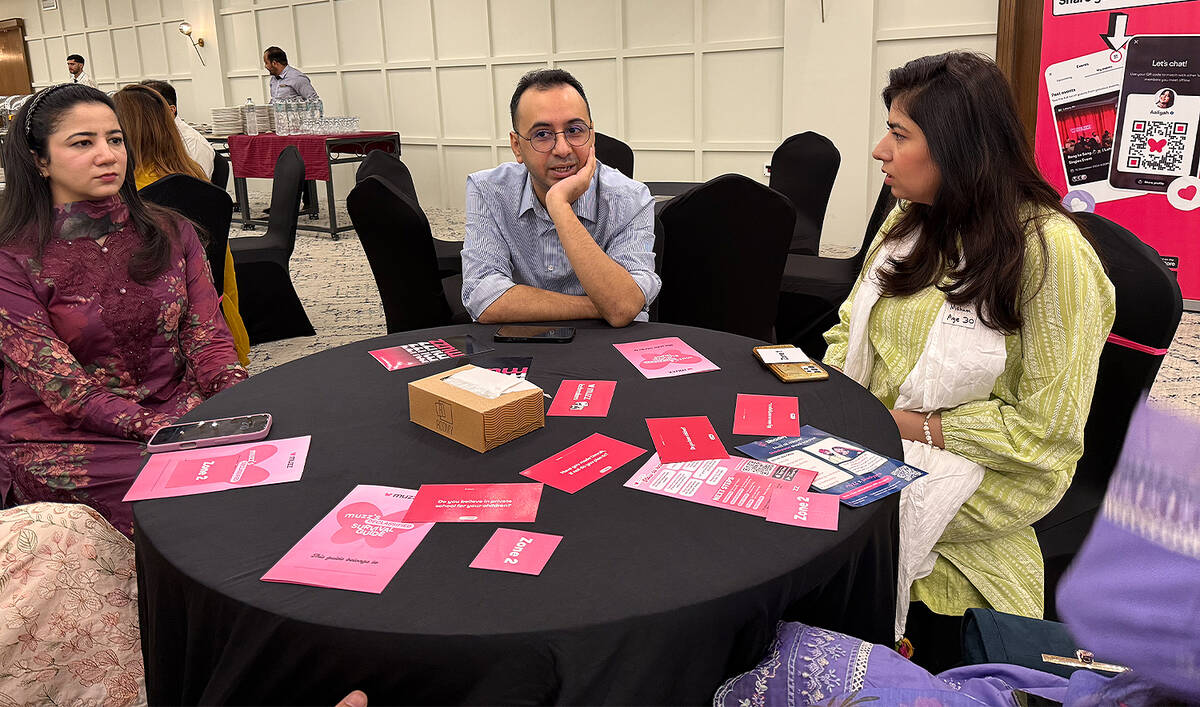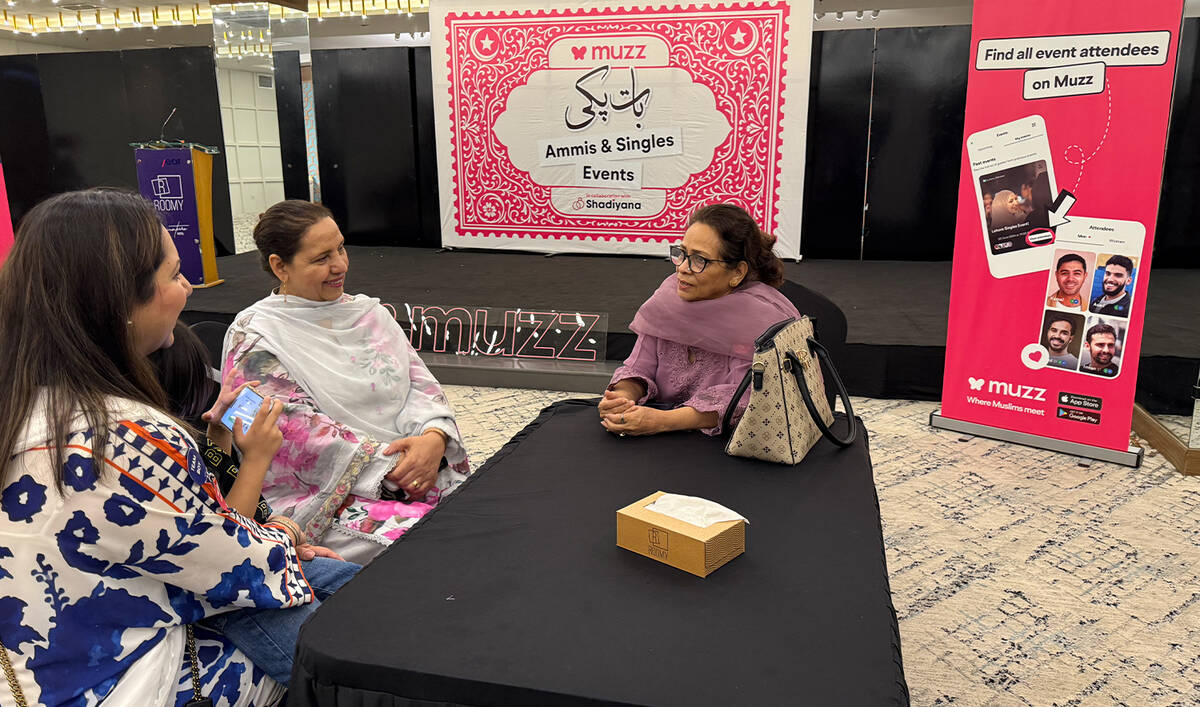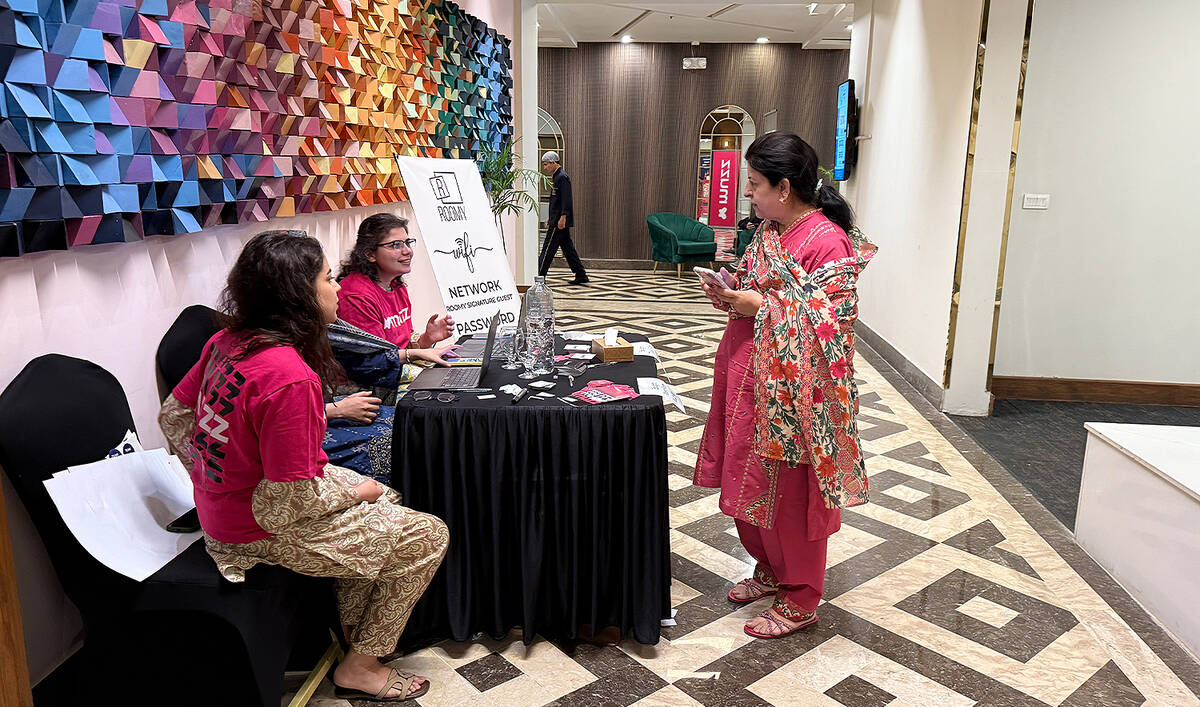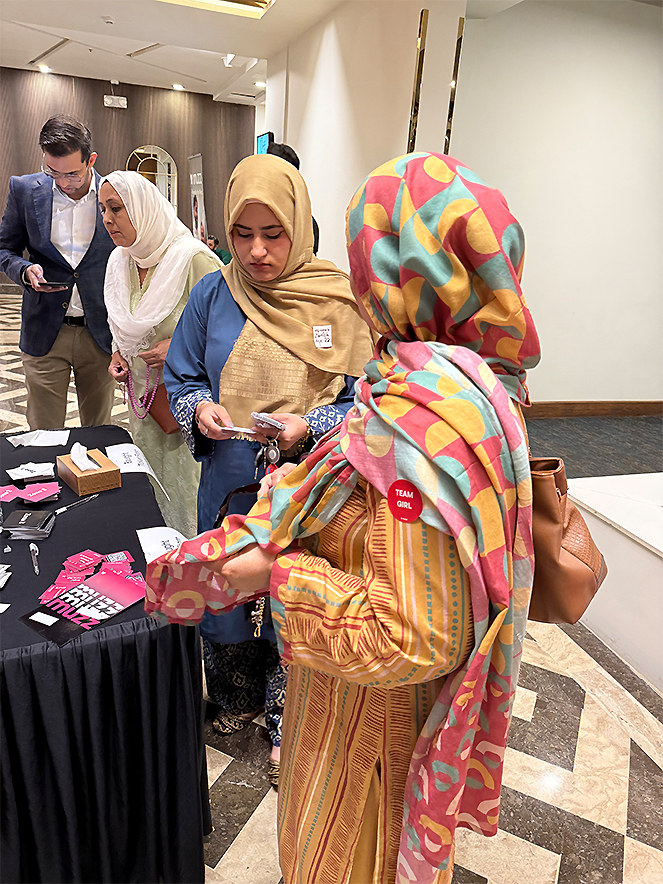RIYADH: The second Diriyah Contemporary Art Biennale, “After Rain,” features the work of 100 artists from more than 40 countries displayed in industrial warehouses in the JAX District of Riyadh. The theme of this year’s Biennale, curated by artistic director Ute Meta Bauer is all about renewal, rejuvenation and revitalization. Metaphorically, it can be applied to the rapid social and economic transformation the Kingdom is undergoing and the role art is playing in that change.
Among the dozens of artworks on show, some were newly produced by artists based in the Kingdom, including “Saudi Futurism,” an installation created by Ahmed Mater, one of the Kingdom’s most prominent artists, and Milan-born photographer and filmmaker Armin Linke. The two men travelled together across the country documenting historical, industrial and scientific sites, including the megaproject NEOM, a dairy farm, monumental buildings, the Shaheen supercomputer, Yamama Cement Factory and the colorful Diplomatic Club Heart Tent in Riyadh designed by Frei Otto. Visitors can peruse these images that merge Saudi Arabia’s past and select their own sequence of images to depict the rapid change the country is presently experiencing.
Jeddah-based Daniah Alsaleh’s “A Stone’s Palette” presents studies from her explorations of the archaeological sites of AlUla and Tayma, focusing particularly on carnelian stone beads produced in Tayma long ago, which, she explains, served as important social artifacts, used as both elements in rituals and as personal accessories.
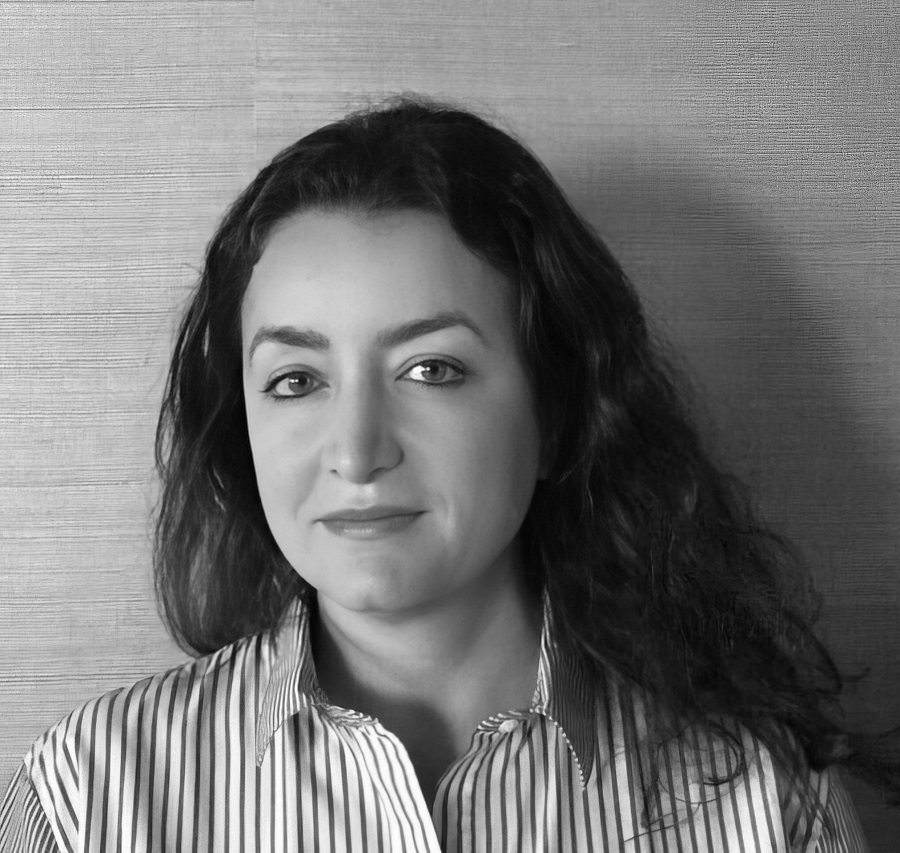
Daniah Alsaleh. (Supplied)
“I learned they were sourced from the Indus Valley thousands of years ago,” Alsaleh tells Arab News. “They manufactured the beads in Tayma and then exported them to Mesopotamia. I went and got carnelian rock from India and created different pigments that I applied on these sketches, which are transfer photos of the excavation sites with my intervention using modern patterns and ornamentation.”
In his outdoor installation “The Whispers of Today Are Heard in the Garden of Tomorrow,” Al-Ahsa-based artist Mohammad Alfaraj has created sculptures from natural materials he found in the desert, including coiled palm leaves positioned on sticks placed in sand, which are complemented by photographs and painted murals on either wall of the wooden pavilion that encompasses his ‘garden.’
“Everything that is happening today has an echo in our future whether it is good or bad, especially the things that are not really prominent,” Alfaraj tells Arab News. “The installation consists of three parts: ‘Fossils of Time,’ made with photography and fabric — I really think that photographs, especially when they are printed, are fossils of a moment.”

Mohammed Alfaraj's 'The Whispers of Today Are Heard in the Garden of Tomorrow.' (Arab News/Rebecca Anne Proctor)
The second part is a mural called “Love is to Leave the Gates of Your Garden Ajar,” made from the charcoal of burnt palm trees. “What does it say when you use something that has been destroyed and you try and make something new from it?” he asks. “This is something that I want to emphasize: To build more than to destroy. This reflects a symbol of hope, even for the people of Palestine and for people living in any oppressed place. It is inspiring to see people use their resilience to build a new life.”
The third part consists of several new sculptures made from old palm leaves and covered in date syrup and gum Arabic topped with a protective resin that are stationed on metal plinths in the sand.
“I put them into these characters and try and let them have a continuation of their life,” Alfaraj explains. “They are monuments to a life that hasn’t been lived.”
The theme of memory is central to Saudi-based Yemeni artist Sara Abdu’s poignant biennale contribution “Now That I Have Lost You in My Dreams Where Do We Meet?”
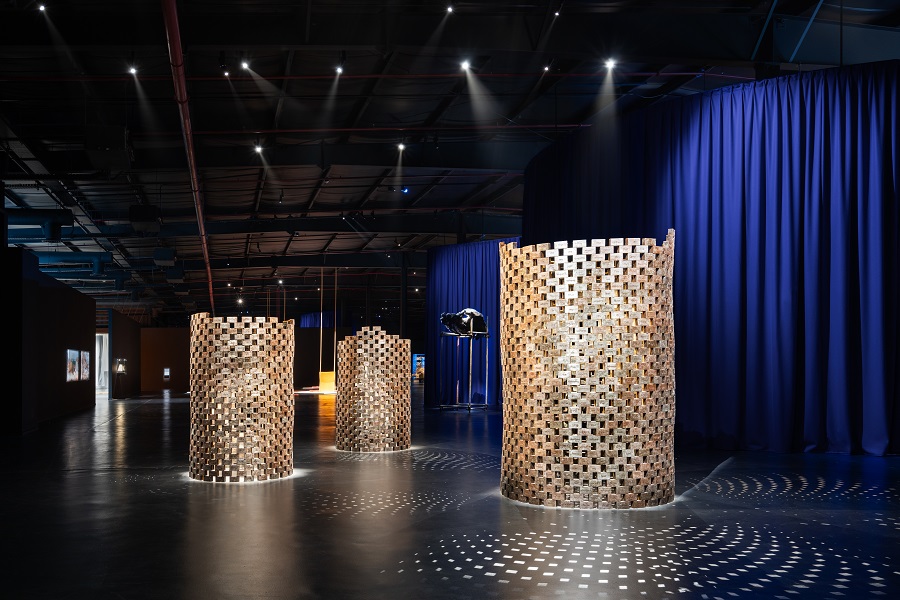
Sara Abdu's 'Now That I Have Lost You in My Dreams Where Do We Meet' (Photo by Marco Cappellletti, Courtesy of the Diriyah Biennale Foundation)
“It is inspired by dreams I used to have,” Abdu tells Arab News. “When I think about those dreams, those intangible spaces, they offer us an opportunity to create new memories. The artwork negotiates our relationship with memory. It looks at time as this thing that determines the death of memories and all that is ephemeral.
“The materials are inspired by the Islamic funeral ritual of washing the deceased,” she continues. “I used two main ingredients: sidr powder and camphor crystals. For me, these two ingredients are the smell of death.”
The installation is constructed in a way, explains Abdu, that it looks like it is “trapping and immortalizing memories. Allowing us to exist with them in the same time and space.”
She continues: “The title of the work is very present in the space and revolves around the idea of repetition, leaving the viewer to ask how the answer to that question would leave us feeling in return.”




